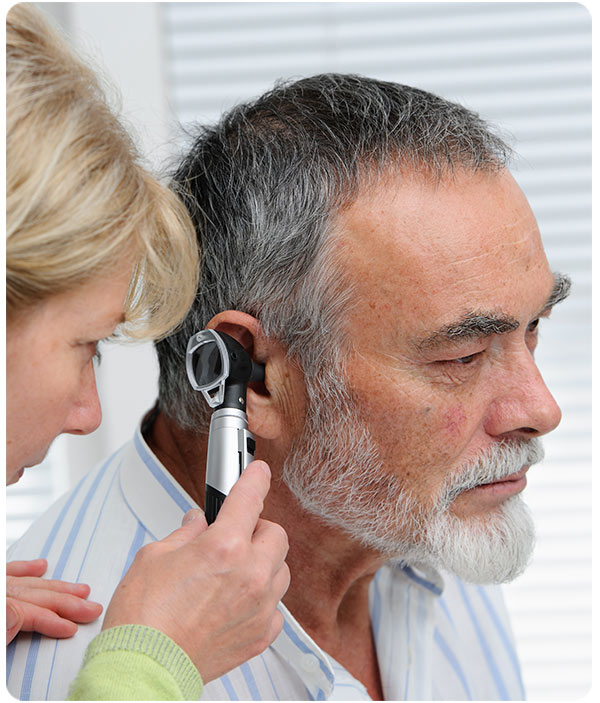While there are many factors that may cause hearing loss, age and exposure to loud noise are the two most common.
Presbycusis (age-related hearing loss) may progressively occur with age and could be caused by the degeneration of the auditory nerve and/or the cochlea.
On the other hand, single instances of extremely loud noise may also result in sudden hearing loss.
Prolonged exposure to loud noise may also lead to gradual sensorineural hearing loss as a result of damage to sensory cells.
If some of your hearing loss is occupational, it is called industrial deafness.
Other causes of hearing loss include infections, diseases, disorders, use of particular drugs, congenital causes, physical trauma, and obstructed ear canal.



